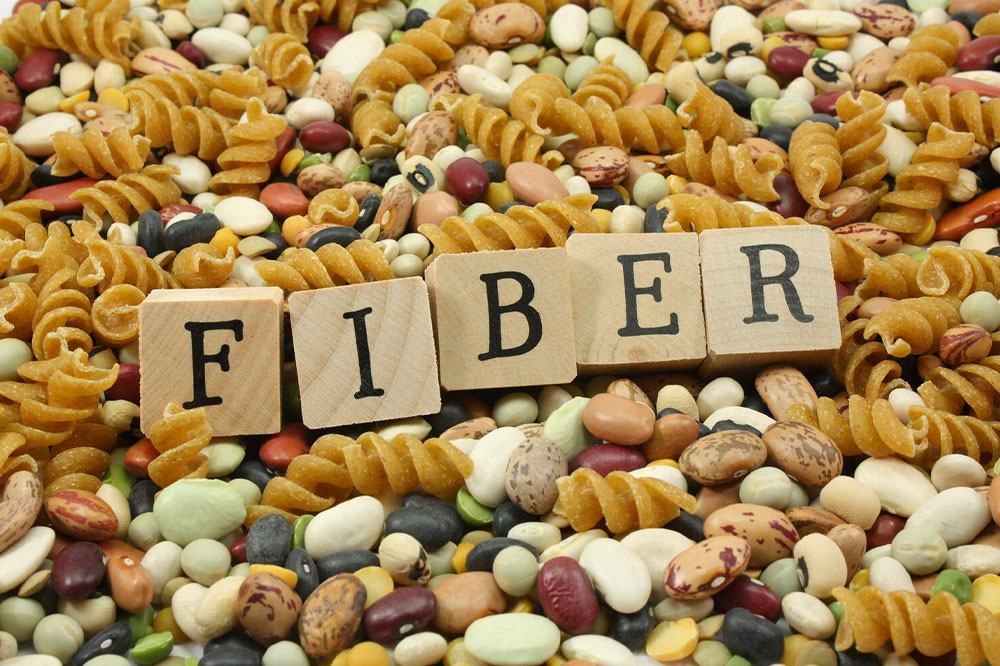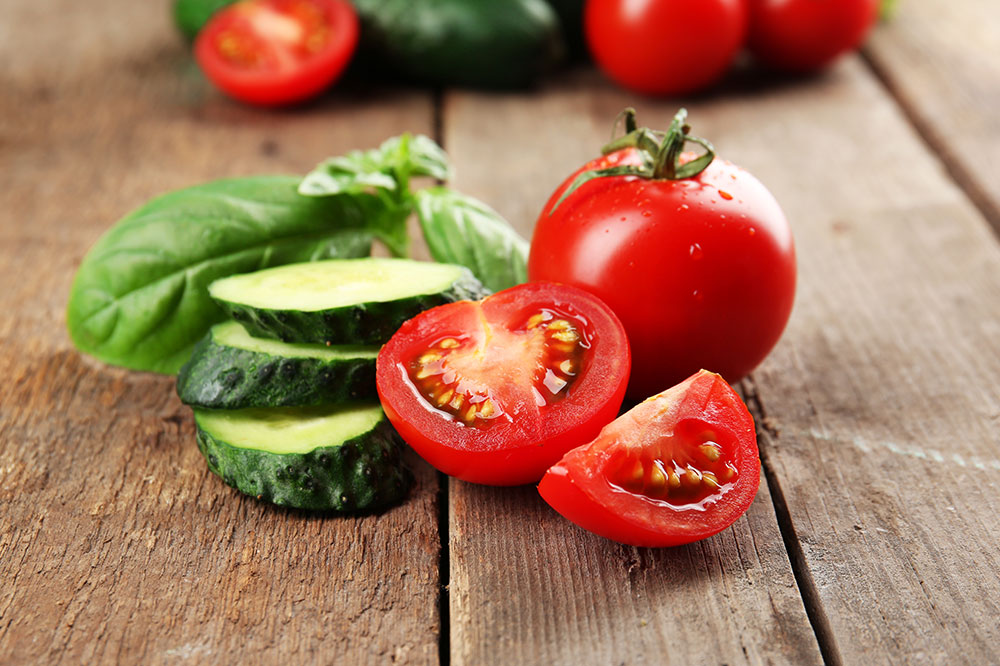Harnessing Seeds and Herbs for Lymphoma Prevention: A Comprehensive Guide
Discover how incorporating antioxidant-rich seeds and herbs into your diet can support lymphoma prevention. This comprehensive guide highlights the benefits of sunflower, flax, and chia seeds, along with herbs like parsley, licorice, and milk thistle, emphasizing their role in boosting immunity and fighting cellular damage. Learn practical ways to include these powerful natural ingredients into your daily routine to enhance overall health and potentially reduce cancer risk.

Harnessing Seeds and Herbs for Lymphoma Prevention: A Comprehensive Guide
Incorporating specific seeds and herbs into your diet can enhance your immune system and potentially reduce the risk of lymphoma
Antioxidants are vital natural compounds that combat the harmful effects of free radicals—unstable molecules that can damage cellular structures, including DNA. Over time, an imbalance favoring free radicals contributes to oxidative stress, which plays a significant role in aging and the development of various diseases, including cancer such as lymphoma. The body produces some antioxidants naturally, but it also relies heavily on dietary sources like fruits, vegetables, nuts, seeds, and certain medicinal herbs to maintain optimal antioxidant levels and protect against cellular damage.
When antioxidant intake is insufficient relative to free radical production, oxidative stress ensues, leading to DNA damage, inflammation, and potentially increasing the risk of developing lymphoma. Including nutrient-dense seeds and medicinal herbs in your daily diet can bolster your body's defenses. Below, we explore some of the most potent seeds and herbs known for their antioxidant properties and potential role in lymphoma prevention.
Beneficial Seeds to Incorporate into Your Diet
Sunflower Seeds
Sunflower seeds are an excellent source of vitamin E, a powerful antioxidant that plays a crucial role in protecting cells from oxidative damage and reducing inflammation. Just a quarter cup of roasted sunflower seeds provides approximately 90% of the daily recommended intake of vitamin E, making them an efficient and delicious way to boost your antioxidant levels. They add a delightful crunch and nutty flavor to a variety of dishes such as toast, salads, cereals, or can be enjoyed as a standalone snack. For those interested in flavor variations, roasted or lightly salted versions are readily available and can be incorporated into your diet effortlessly.
Flax Seeds
Flax seeds, also known as linseeds, are renowned for their rich content of omega-3 fatty acids and polyphenolic compounds, which possess strong antioxidant properties. They have been linked with anti-inflammatory effects and improved immune responses. For optimal benefits, ground flax seeds are recommended because they are easier for the body to digest and absorb compared to whole seeds. You can add ground flax seeds to oatmeal, smoothies, baked goods, or sprinkle them over salads. Due to their somewhat pungent flavor, grinding them just before use can prevent clumping and enhance their taste and texture.
Chia Seeds
Chia seeds are small, nutrient-dense seeds that provide a substantial amount of antioxidants without overpowering flavors. They have a neutral taste and can be easily added to various foods such as smoothies, cereals, puddings, or yogurt. When soaked in liquid, they form a gel-like consistency, making them excellent for adding texture to recipes. Regular consumption of chia seeds can contribute to improved cellular health and bolster your antioxidant defenses, which are essential in the fight against lymphoma and other oxidative stress-related ailments.
Herbal Allies for Lymphoma Support
In addition to seeds, several medicinal herbs have been traditionally recognized for their potential in supporting immune health and managing oxidative stress. These herbs contain bioactive compounds that may inhibit abnormal cell growth and promote detoxification.
Parsley
Often regarded as a common culinary herb, parsley has long been used in traditional medicine for its potential tumor-inhibiting properties. Its roots, seeds, and leaves contain various phytochemicals capable of interfering with lymphoma cell proliferation. Incorporating fresh parsley into salads, soups, stews, or baked dishes can provide a natural boost to your health. Its rich antioxidant profile supports cellular health, immune function, and may play a role in preventing the onset or progression of lymphoma.
Licorice Root
Licorice root has been used in traditional medicine across many cultures to combat various ailments, including cancer. It contains compounds that mimic steroid hormones, which may promote weight gain and exhibit anti-inflammatory and anti-tumor effects. Licorice can be consumed in multiple forms—chewed directly, brewed as tea, or made into lozenges. Recent research suggests that licorice-derived compounds may help inhibit cancer cell growth, making it a valuable herbal addition for those interested in natural cancer prevention strategies.
Milk Thistle
Milk thistle is renowned for its potent antioxidant and detoxifying properties, primarily due to its active compound silymarin. This herb supports liver health, enhances the body's ability to eliminate free radicals, and may reduce oxidative DNA damage. Regular intake of milk thistle, whether via supplements (80-150 mg daily) or by incorporating the leaves and flowers into salads or herbal teas, can help strengthen the body's natural defenses against cellular damage linked to lymphoma development and other chronic illnesses.
In summary, adopting a diet rich in antioxidant-containing seeds and herbs offers a promising complement to conventional health strategies aimed at reducing lymphoma risk. While these natural foods and herbs show potential benefits, they should be used as part of a balanced lifestyle, including a healthy diet, regular exercise, and medical guidance. Always consult with healthcare professionals before making significant changes to your diet, especially if you have existing health conditions or are undergoing treatment.




